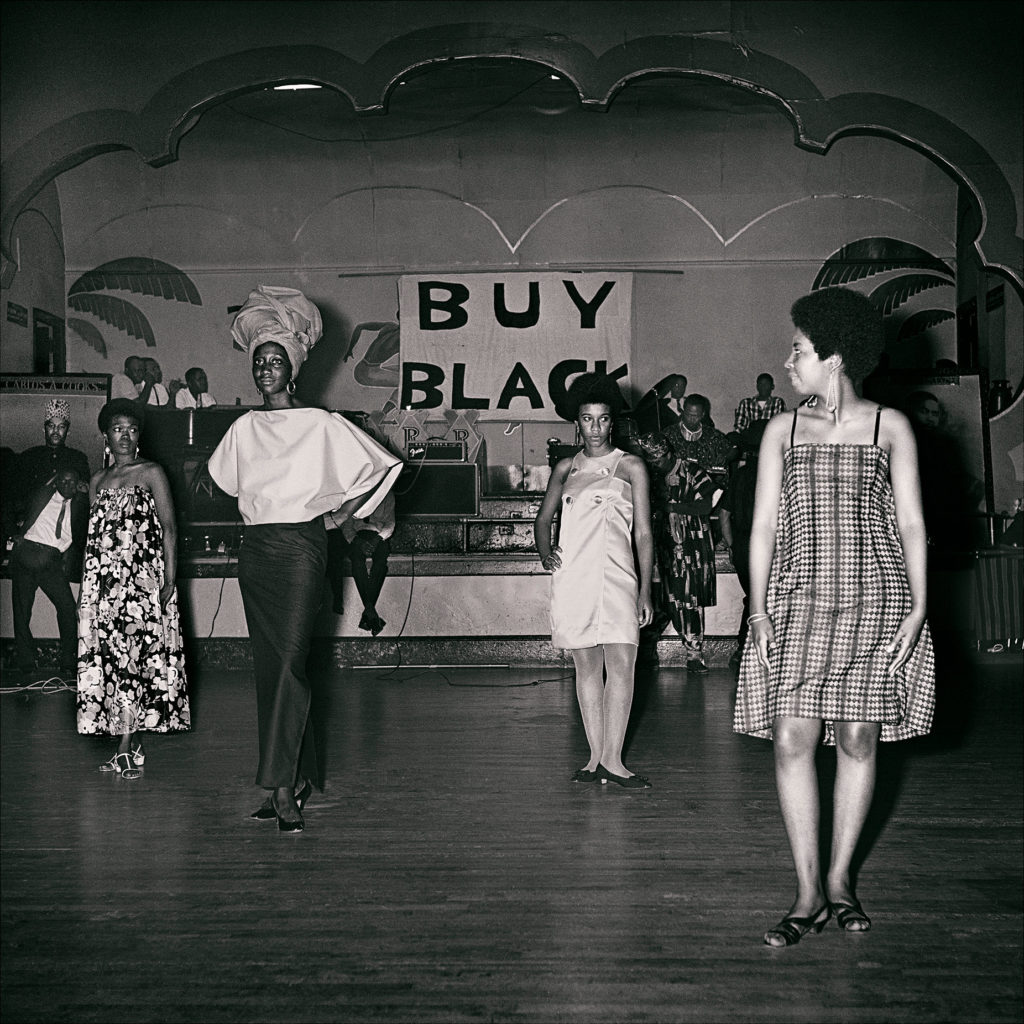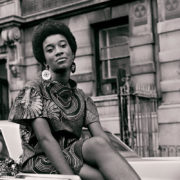For over 50 years, the photographer Kwame Brathwaite captured African-American beauty and fashion, giving visual power to black power.

– Untitled (Photo shoot at a school for one of the many modeling groups who had begun to embrace natural hairstyles in the 1960s), 1966. Credit…Kwame Brathwaite/Courtesy of Philip Martin Gallery, Los Angeles –

– Untitled (Carolee Prince — Designer), 1964. Credit…Kwame Brathwaite/Courtesy of Philip Martin Gallery, Los Angeles –
The intersection of West 125th Street and Seventh Avenue in Harlem was, for decades, a center of black nationalism. Street orators — that’s what they were called — climbed onto stepladders and made impassioned calls for African liberation.

– Untitled (Men at photoshoot at a school in the 1960s), 1966. Credit…Kwame Brathwaite/Courtesy of Philip Martin Gallery, Los Angeles –

– Untitled (Fashion show at Renaissance Casino and Ballroom), 1967. Credit…Kwame Brathwaite/Courtesy of Philip Martin Gallery, Los Angeles Image –
When Kwame Brathwaite and his brother Elombe Brath were teenagers in the 1950s, they would walk there from their dad’s dry cleaning shop and listen, entranced, for hours. Mr. Brath once recounted the story of Carlos Cooks, a student of Marcus Garvey, bellowing to a black woman walking by: “Your hair has more intelligence than you. In two weeks, your hair is willing to go back to Africa and you’ll still be jivin’ on the corner.” (Two weeks was just about how long hot-combed styles kept a black woman’s hair straight.)
By Melissa Smith, The New York Times
Featured Images, Kwame Brathwaite/Courtesy of Philip Martin Gallery, Los Angeles
Full article @ The New York Times


You must be logged in to post a comment.